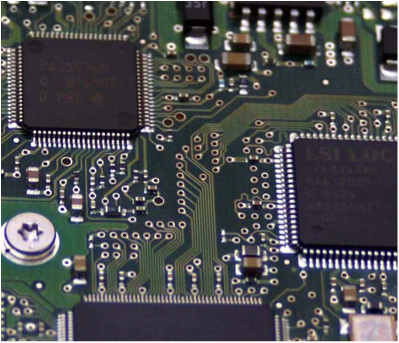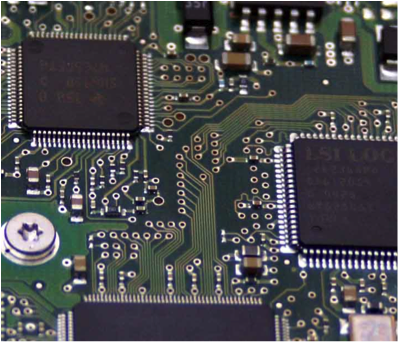Squabbling spins in silicon
Quantum computers rely on materials with quantum bits—electron spins, for example—that persist (cohere) longer than the device’s operation times. Longer decoherence times mean lower error rates, and scientists are always on the lookout for materials with usable low-error regimes. Silicon is a prime candidate because one can reduce its concentration of nuclear spins—a source of magnetic noise that interferes with electron spins—by enriching certain isotopes.
In a paper in Physical Review Letters, Wayne Witzel from Sandia National Laboratories, US, with collaborators from Australia, Poland, and the US, adopt a computationally powerful scheme to find that we may have reached the point of diminishing returns for lowering decoherence times in isotope-enriched silicon. Their calculations indicate that the effect of spins from a background of donor electrons overwhelm those from nuclear spins, resulting in a maximal coherence time of about a second for typical donor densities.
The “bad news” nonetheless comes with new understanding of the role of spin, even if limiting, in quantum computation devices. This is a particularly useful look at regimes with low-error rates (necessary for devices, but difficult to probe in experiments) and at the diverse behavior of samples with different spatial configurations of dopants. – Sami Mitra





